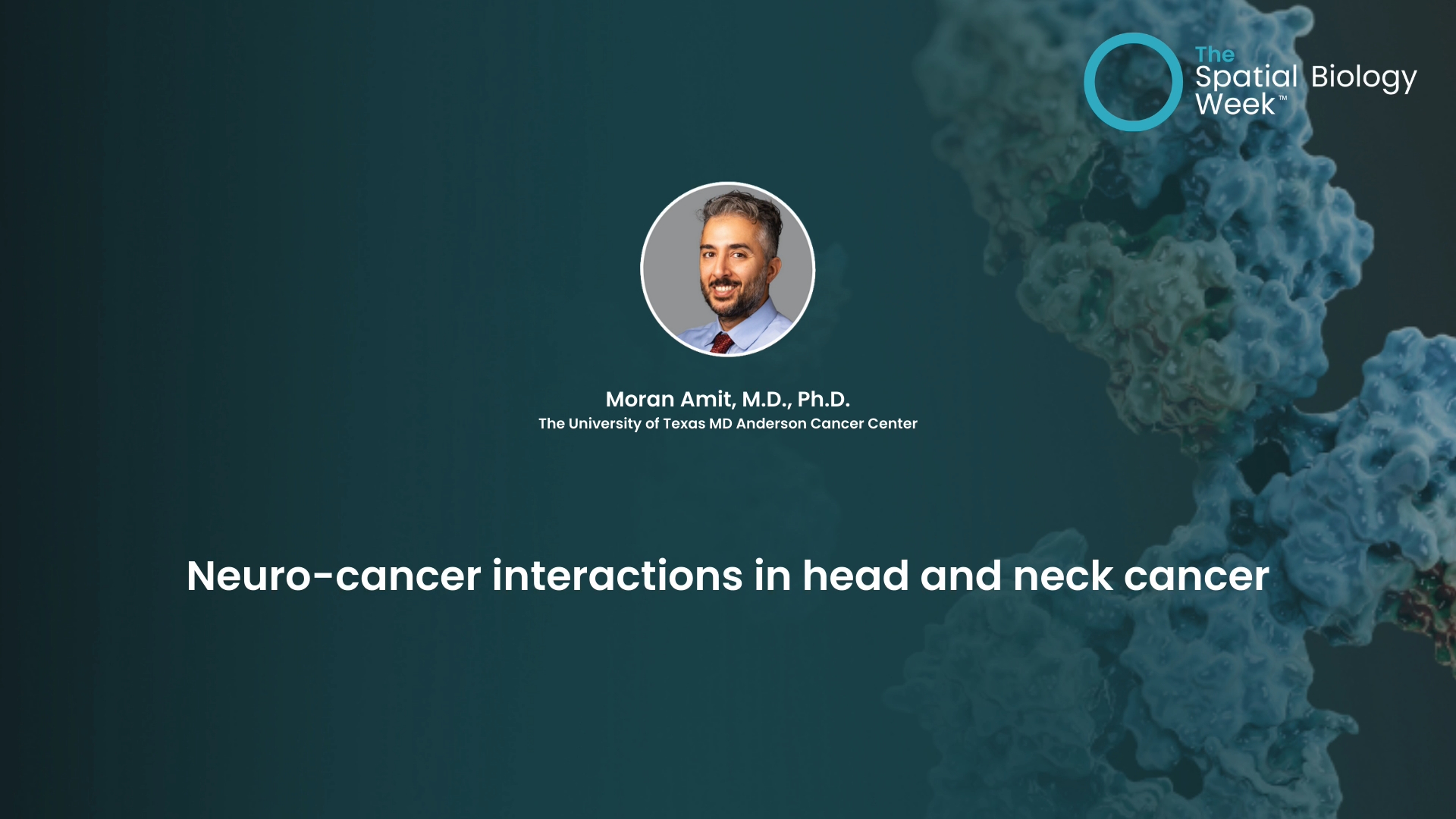Over the past decade, emerging technologies have enabled investigators to begin to bridge the gap between cancer and neuroscience research to unveil the interactive roles of nerves in cancer. We are now beginning to define how the nervous system contributes to cancer initiation, growth, spread, recurrence, and even resistance to oncologic therapeutic strategies. Indeed, neuromodulation with both genetic and pharmacological approaches has been shown to affect not only tumor growth but also antitumor immune response. Collectively, studies have demonstrated a significant and pressing need to recognize cancer neuroscience interplay as a hallmark of cancer to 1) establish the neoneurogenic process as a highly relevant therapeutic target for both the prevention and treatment of cancer, 2) foster interdisciplinary cross-talk among experts in cancer biology and neuroscience, which have traditionally progressed along parallel paths, and 3) integrate human variables such as biological sex, age, race, and gender as underlying factors that can impact cancer neuroscience.
This session introduces the current viewpoint of burgeoning cancer neuroscience field and discusses the most seminal papers over the last 10 years as well as promising up-and-coming directions of the field towards its establishment as a hallmark of cancer and implement it as a therapeutic approach in clinical oncology.
